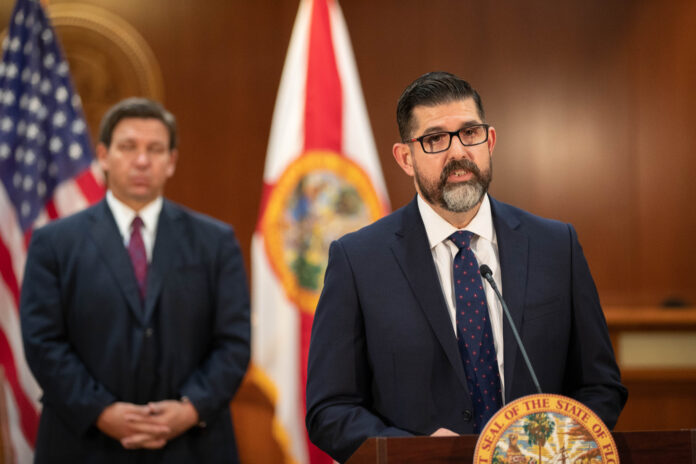In a groundbreaking move, Florida’s public schools have approved a series of controversial standards to reshape the teaching of African American history. This historic decision, which has sparked both praise and criticism, seeks to provide students with a comprehensive understanding of the nation’s complex past.
At the heart of the newly endorsed guidelines is the directive for students to explore how enslaved individuals developed valuable skills, some of which were utilized for their personal benefit. Critics have branded these revisions as “sanitized” and a “step backward.” However, proponents argue that it is essential to present a well-rounded narrative, showcasing how African Americans thrived in the face of adversity and contributed positively to the country.
The curriculum encompasses a wide range of topics, including the causes and consequences of the slave trade, the civil rights movement, and the influence of black people throughout American history. Notably, the revisions also ensure students are exposed to the violent aspects of history, such as the 1921 Tulsa Massacre, highlighting that violence was perpetrated both against and by African Americans during the Reconstruction era.
Governor Ron DeSantis, a 2024 Republican presidential candidate, has been a prominent advocate for overhauling the education system to counter what he refers to as “woke indoctrination.” Last year, legislation was passed, prohibiting any school instruction that suggests privilege or oppression based on race or skin color.
While some educators and civil rights advocates have expressed concerns about the changes, the working group behind the guidelines maintains that their intention is not to whitewash history but to present a more nuanced perspective. They argue that portraying enslaved individuals solely as victims diminishes their resilience and ingenuity.
Critics, such as the National Association for the Advancement of Colored People (NAACP), assert that the new standards perpetuate a misleading narrative about slavery, obscuring the painful truth of its horrors.
As the debate rages on, Florida’s Education Commissioner, Manny Diaz, stresses the importance of confronting the challenging aspects of history. He reassures the public that the revised curriculum will delve into topics like the slave trade, Jim Crow laws, and the civil rights movement.
The decision has sparked fiery discussions among educators, lawmakers, and policymakers. Some teachers and Democratic state lawmakers opposed the new guidelines, claiming they provide an incomplete depiction of history. However, supporters believe that offering a more balanced perspective will better equip students for a brighter future.
Florida’s journey towards reshaping its African American history education is undoubtedly a contentious one. As the state moves forward, striking a delicate balance between presenting the truth of the past and instilling a sense of pride and empowerment within its students will remain an ongoing challenge. Ultimately, the hope is that this revamped approach will foster a generation of well-informed, empathetic, and compassionate citizens, ready to create a more equitable future for all.


